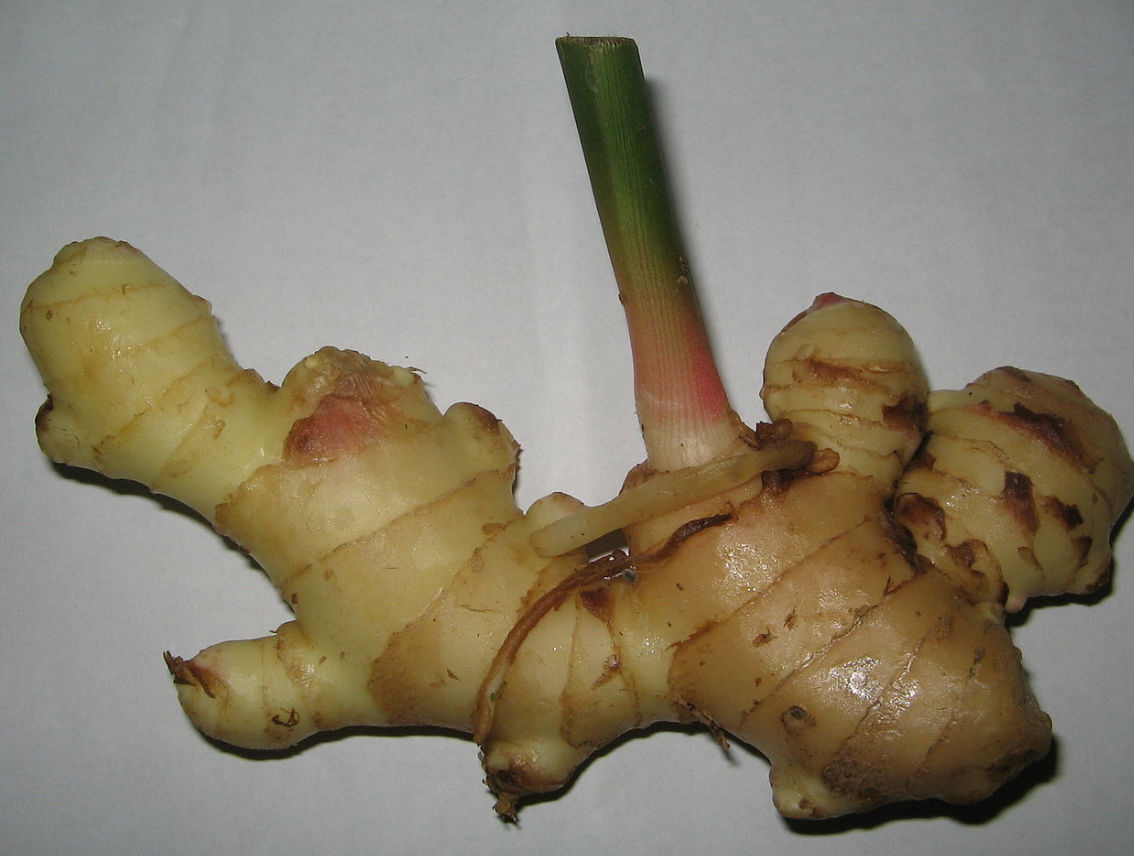Ginger is one of the most popular vegetables and medicines in the market because of its amazing health benefits. This is very well-known because of its effects on digestive disorders and it contains enzymes that can help with digestion, food decomposition, and body detoxification. Despite these impressive benefits, you should also be aware that there are cases when you should totally avoid using ginger.
4 Cases That You Should Avoid Using Ginger
Ginger may have bioactive compounds and nutrients needed by the body, but it is not advisable for individuals that have specific health conditions. It is important that you learn and understands that there are health conditions where you can put your life in danger. Here are certain cases when you should avoid using ginger:
Underweight. Ginger is very high in fiber and it has the ability to boost pH levels in the stomach. This can also aid in the production of digestive enzymes that can help with the fat burning process and very effective in reducing appetite, weight loss, improve muscle mass, reduce hair loss, and help correct menstrual irregularities. So when you are underweight, using ginger may cause possible complications and can worsen your current body weight.
Blood Disorders. Ginger has the ability to boost blood circulation and this is also proven to be effective in cases of obesity, diabetes, peripheral artery disease or also Raynaud’s disease. However, this should be avoided in cases of hemophilia where the blood might have already lost its ability to clot. This can worsen your situation and will neutralize the effects of the medications that you are taking for this condition.
Pregnancy. Ginger is also very rich in stimulants that can help with digestion and it can also help support muscle health. However, this should be avoided by pregnant women because it can cause premature contraction and labor. It is advised that during the last trimester of pregnancy, never use ginger even though it can help soothe your morning sickness.
When Currently Taking Medications. If you have diabetes and high blood pressure and you are currently taking medications for these conditions, also make sure that you avoid using ginger. This may alter the effects of drugs like insulin, beta-blockers, and anticoagulants. This is because ginger can stimulate blood thinning that can lower down the blood pressure levels.
When you currently have the four conditions that are listed above, there are ginger replacements that you should know of that can be helpful if you still want to experience its effects in other alternatives. Instead of using ginger, you can also use sweet peppers, red paprika, or maybe cayenne pepper. According to one of the most popular nutritionists worldwide, Milka Raicevic, the effects of peppers are somewhat similar to those of ginger. These are the perfect alternative that you can add to your lemonade or your detox drink.
Possible Side Effects Of Ginger
Ginger is safe when taken appropriately but it cannot be avoided that some people may experience side effects when using it. Side effects may include heartburn, diarrhea, and stomach discomfort. There are women who reported that they experienced severe menstrual bleeding while taking ginger. When ginger is applied directly to the skin, it is possibly safe with short-term use, but it can also cause irritation to some people who have sensitive skin.
Before using ginger, make sure that you know if this is safe for you or not. It is best that you also consult with your doctor to make sure that you will not experience any complications when you want to use ginger.



